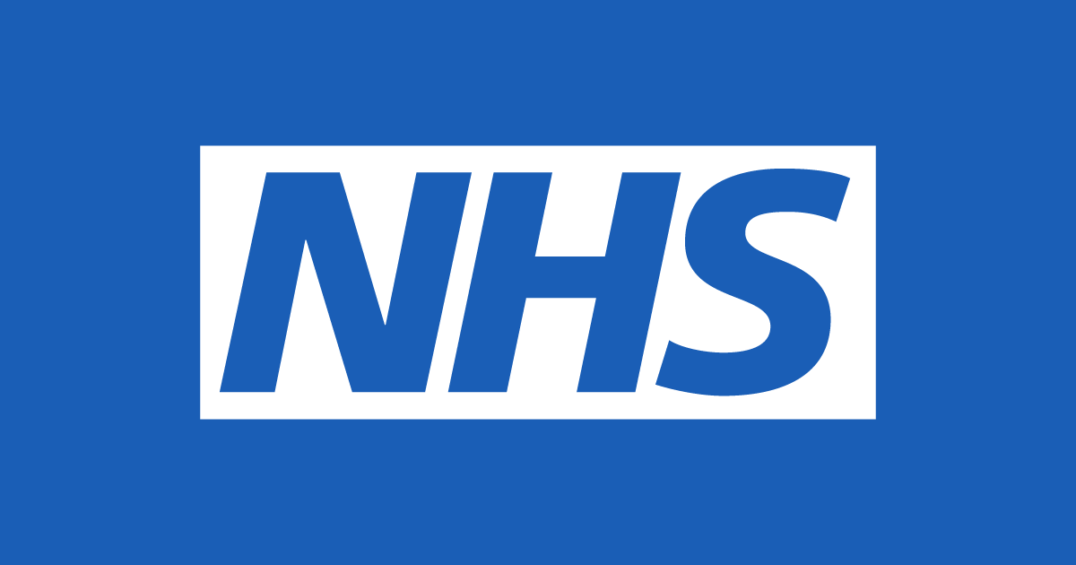Why the NHS needs more digital health communicators
Silver Buck was created largely through passion but also through demand. In our previous roles, we’d had dozens of health IT suppliers asking us ‘do you know a creative PR and marketing agency that knows digital health inside out’. The frequency of that question from multinational companies through to one-man bands told us all we needed to know to make the decision to start a business to fill this vast gap in the market.

Now, suppliers often come to us because they are frustrated with using healthcare agencies who struggle to understand the technical part, or technology agencies who battle with the intricacies of one of the most complex healthcare systems in the world.
Occasionally, they’ll knock on our door because they’ve attempted to use one of the PR and marketing giants only to find that their budgets get them left at the bottom of the pile. For they are competing against the multi-million-pound campaigns that some of the biggest brands in the world allocate to consumer meaning that their b2b marketing contract is merely small fry.
It cannot be disputed that digital health takes a special kind of skill and knowledge to understand and explain – no matter what angle you come at it from. For any IT director, clinician, supplier, journalist or marketeer, it’s a multi-faceted and wide-ranging topic where the convergence of healthcare, technology – and increasingly life sciences – is adding to that complexity.
Digital is, quite rightly, high up the agenda in the Long Term Plan and it now also features in the Interim NHS People Plan, which claims that ‘our leaders must create a culture where digitally supported care is the norm’ and that even ‘non-technical staff need to have a core level of digital ability’. But this culture can only be created when it’s supported by people who understand and know how to communicate the benefits of digital health to the wider workforce.
The Plan also says that ‘we need to have a high-quality supply of digital leaders (including chief clinical information officers, chief information officers and chief nursing information officers) with the right technical staff so that people have the digital tools and understanding to meet their needs.’ But what about high-quality digital health communicators?
Just in the same way that the role of the CCIO has evolved to ensure clinical needs are represented and to bridge the clinical – technical gap, so too does a pertinent role exist for communicators who can bridge the clinical – technical – communications gap, who understand health IT and digital transformation and have dedicated time to ensure wider stakeholder buy-in, engagement and ultimately uptake of digital solutions.
That’s not to say that your average NHS comms team isn’t capable of understanding digital but when so many are fighting fires with local press, it’s rare to find one that will give it the priority and exposure that it needs to really drive engagement.
Unfortunately, there are only a handful of trusts that have a dedicated, digital informatics communications – for example, Leeds Teaching Hospital, Cambridge University Hospital and St George’s University Hospital. And it’s probably no coincidence that Leeds has one of the most passionate workforces in digital informatics, whilst Cambridge and St George’s represent two out of the four stage 6 HIMSS EMRAM sites – which represents sign of significant digital maturity and uptake.
Not only are these teams obtaining significant staff engagement through their intricate industry knowledge combined with their communication skills – something which is critical in order to generate real benefits in the implementation of technology – but they are some of the few NHS staff that are proactively sharing their experiences and best practice with the wider NHS to help to address the long-standing issue of “reinventing the wheel”.
So, whilst we find ourselves battling to find and pay and support more staff across the entire health service – from much-needed radiologists to overworked nurses – let’s consider adding digital health communicators to that long list, if we truly want to make an NHS that is digitally fit for the 21st century.